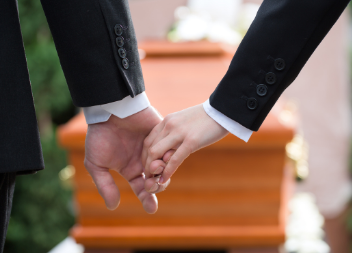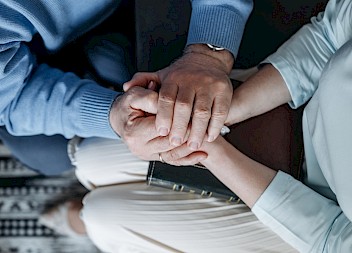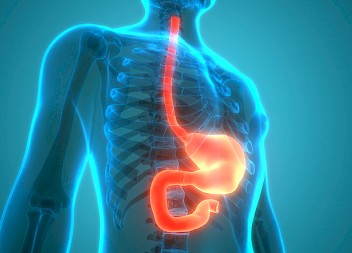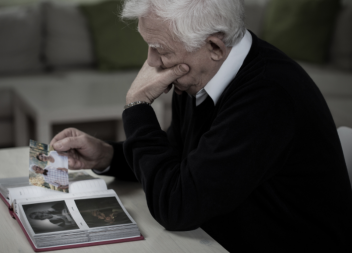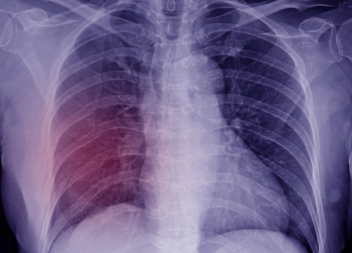The dependants of a 40-year-old woman who suffered brain stem death after her head injury wasn’t observed and treated properly have been awarded £145,000 in compensation.
The failings relate to missed opportunities to promptly identify a deterioration in the deceased’s Glasgow Coma Scale (GCS) score which is routinely used to gauge the severity of a brain injury. This led to a delay in appropriate care and treatment being given for a bleed on the brain and fractured skull which caused pressure on the brain. She was put on life support and underwent surgery to release the bleed, but sadly the decision was made for the ventilator to be turned off.
Her sister sought the help of Matthew Brown at Medical Solicitors to bring a medical negligence claim against the Defendant, Southport and Ormskirk NHS Trust, to recover compensation for the children she left behind.
Around 1.4 million people attend emergency departments in England and Wales every year with a recent head injury. Of these, only 0.2 percent die as a result of their injuries. Sadly, our client’s sister was one of them.
In March 2015, the deceased was involved in an altercation and banged her head. Paramedics assessed her as lacking capacity and with a GCS score of 15/15. The scale measures eye opening, verbal response and motor response; a result of 13-15 is classed as mild, 9-12 is moderate, and 8 or below is severe.
After arriving at A&E at Southport District General, nurses noted her to have lost consciousness for 30 seconds, have vomited, and appeared intoxicated. She was seen by triage then nursed in the A&E corridor due to the busyness of the department. Her observations were taken at 7.30pm where her GCS score was again recorded as 15. After the handover to the night staff, her observations were taken again at 9.00pm where her GCS score was recorded as 15 but in fact had dropped to 14. Observations were then not undertaken again until 11.20pm by which time the GCS had reduced to 7.
She was referred for an urgent CT scan which found a fracture to the skull and cerebral bleed with subdural haematoma of 24mm to the parietal (upper back) lobe of her brain. She was intubated and transferred to Liverpool’s Walton Centre for Neurology for surgery. Sadly, she never recovered and the ventilator was turned off. She died nine days after the initial incident.
Almost three years later, the defendant trust admitted liability when evidence was heard at inquest after the death was referred to HM Coroner. The trust accepted there were missed opportunities to identify the deceased’s deterioration. Had she received appropriate observations in hospital, treatment for her deterioration would have been administered earlier and she would likely have survived.
Both parties reached an agreement out of court in October 2019, however, Medical Solicitors had to apply for a court order to recover compensation which was eventually granted in May 2020.
The £145,000 settlement included general damages (for pain, suffering and loss of amenity) of £3,000, funeral costs of £3,500 and past and future loss of financial and services dependency of £138,500.



